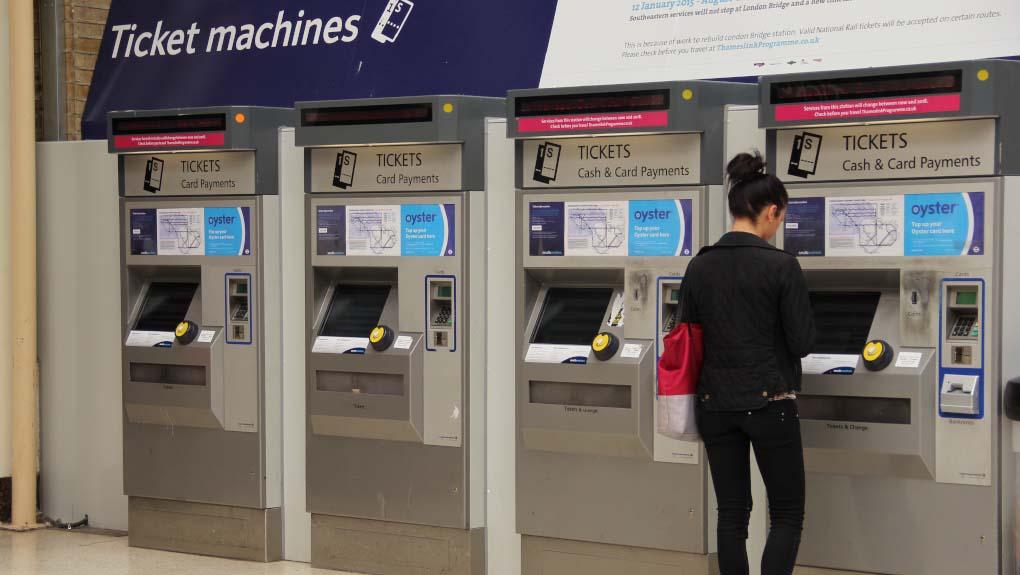
In the first review of refund administration fees since they were introduced in 2006, ORR has today published a report focused specifically on the administration fees for refunds for tickets that have not been used. Non-season ticket refunds are the most common transaction, accounting for 98% of refunds.
The review by ORR, at the request of the Department for Transport (DfT), was based on data from train operators and third-party retailers spanning 12 months from 1 April 2019 to 31 March 2020, when 341 million tickets were issued, of which 5.8 million were refunded.
Train operators and ticket retailers typically charge an administration fee of up to £10 when a passenger seeks a refund on a ticket, as permitted by the National Rail Conditions of Travel (NRCOT).
The key findings of ORR’s report are that:
- the average administration fee, when charged, is estimated at £6.96 per ticket.
- the average cost incurred, such as staffing costs, internal systems and banking charges when processing a refund is estimated at £3.77.
- 28% of potential admin fees were waived during 2019/20, re-calculating the average admin fee per ticket across all refunded tickets to £4.64.
ORR has concluded that, where retailers are charging £10, this appears not to be based on an assessment of costs. Actual costs are generally lower, and often less than £5 on average.
The requirement for fees to be based on an assessment of costs is required by the Ticketing and Settlement Agreement (TSA), an industry agreement which sets out contractual obligations and requires administration fees to be cost reflective for refunds on tickets that have not been used.
Stephanie Tobyn, deputy director for consumers at ORR, said:
Rail Minister Wendy Morton said:
Jacqueline Starr, CEO of the Rail Delivery Group, said:
Notes to Editors
- Administration fees in the National Rail Conditions of Travel – report
- In applying administration fees for refunds, retailers must comply with:
- The Ticketing and Settlement Agreement (TSA), an industry agreement which sets out contractual obligations and requires administration fees to be cost reflective for refunds on tickets that have not been used;
- The National Rail Conditions of Travel (NRCOT), a schedule of the TSA, which sets out the agreement between the passenger and the train operator. NRCOT Condition 29 places a cap on administration fees for ticket refunds at £10; and
- Consumer law, such as the Consumer Rights Act 2015.
- Changes to the NRCOT are proposed by the Rail Delivery Group, on behalf of industry, and approved by the Department for Transport Secretary of State
- The Office of Rail and Road is the independent economic and safety regulator for Britain’s railways, and monitor of performance and efficiency for England’s Strategic Road Network.
Our passenger facing work derives from the licences we issue to train and station operators, including Network Rail for its managed stations, and from our powers and responsibilities under consumer and competition law.

